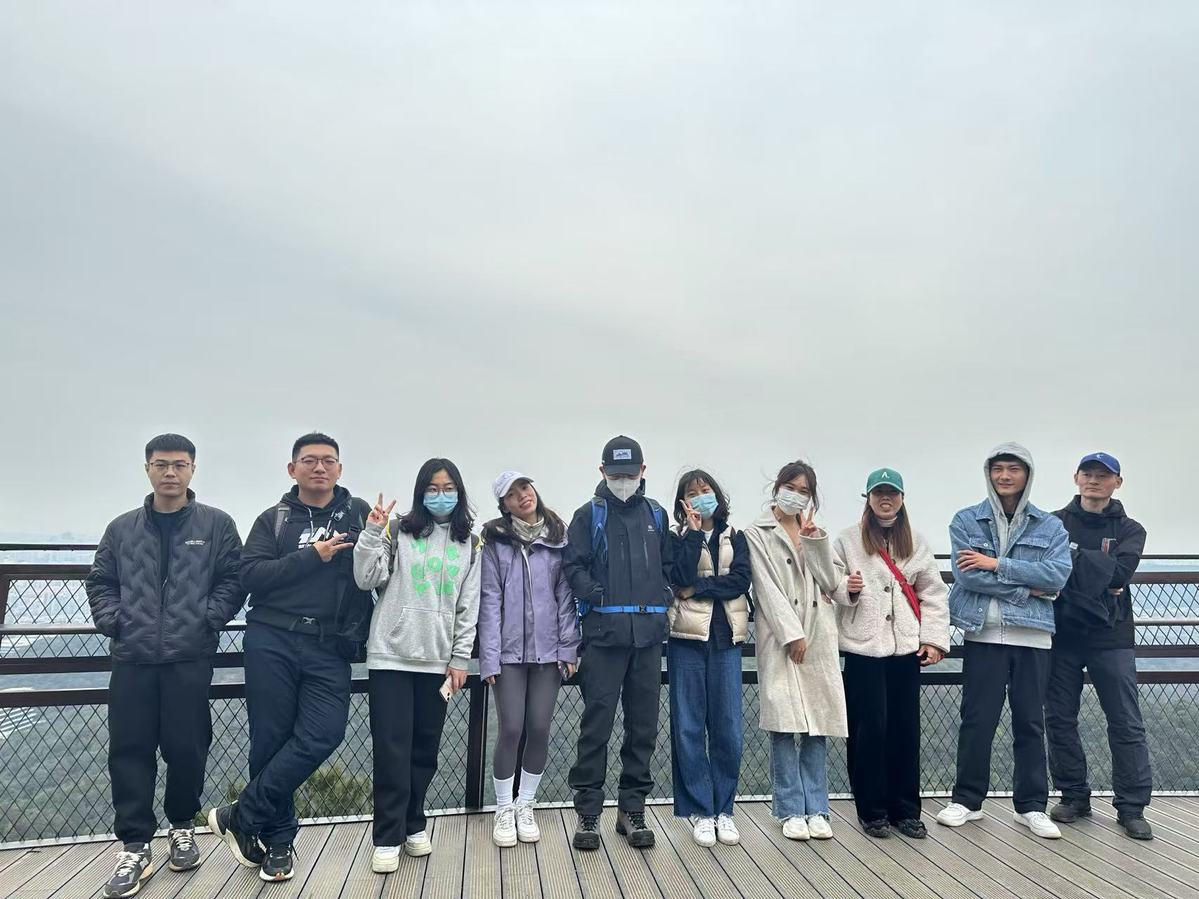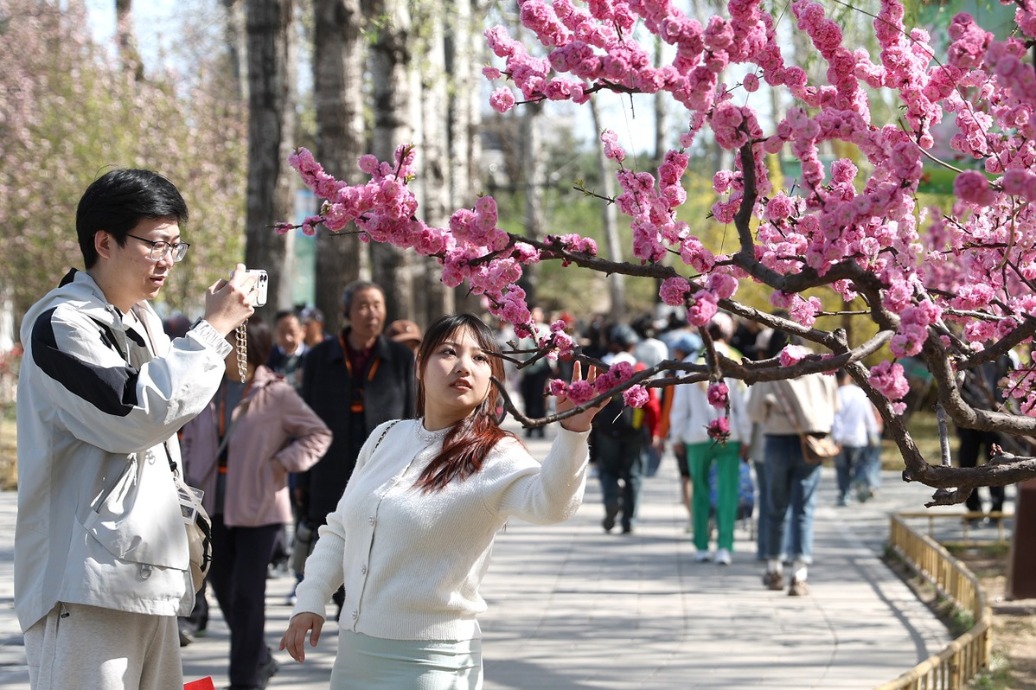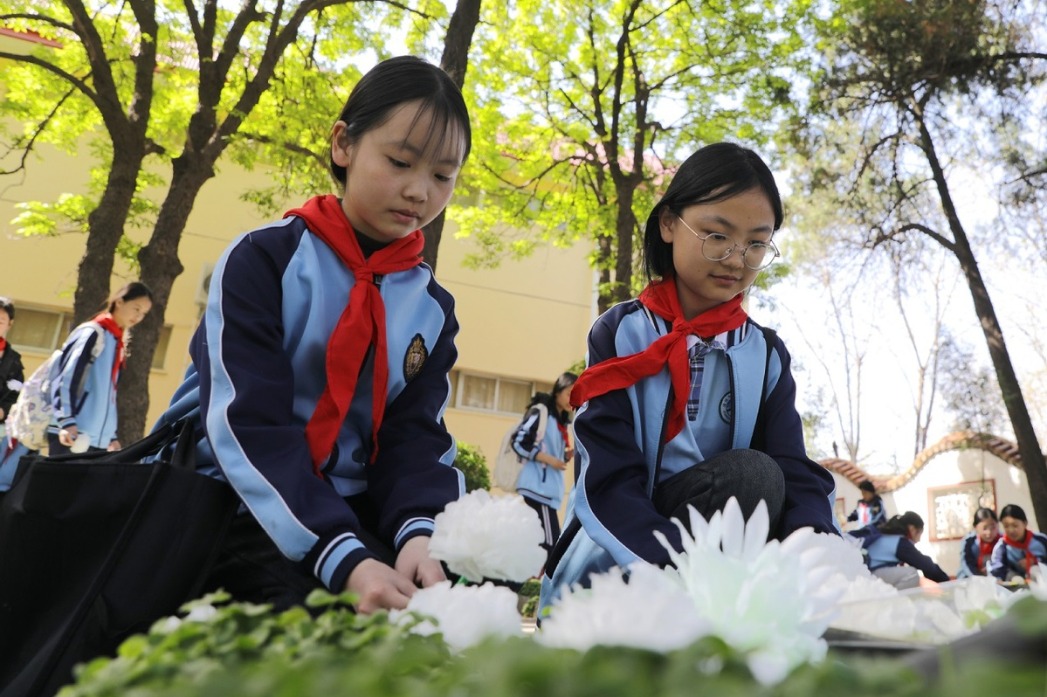Keeping their distance
Younger people ditch emotional attachment in social life for greater independence and convenience


In China, with the rising force of the young generation, their lifestyle trends are making headlines, which is especially true with the emerging new cultural, wellness, and tech-driven movements.
For example, saibo yangsheng (cyber health preservation), one of the lifestyle trends among young people, shows how they are increasingly focusing on health and wellness due to rising life pressures. It is a modern approach to wellness, where young people use traditional methods like baduanjin (a set of traditional exercises), or sanfu tie (herbal patches used in Chinese medicine in the middle of summer), alongside modern technology. They often engage in seemingly contradictory behaviors when it comes to health. They stay up late but at the same time, take time to soak their feet in warm water, which is a traditional relaxation technique. They drink bubble tea, a modern indulgence, but also choose not to add sugar to it, which reflects a healthier choice.
"I am one of those who live a life with saibo yangsheng and almost all of my friends enjoy this lifestyle," says Xiao. "I often stay up late at night and when I post a photo on my social media platforms, my friends would reply in seconds, giving me 'likes' or making comments, since they also haven't slept yet.
"Like qing shejiao and saibo yangsheng, that's how we are trying to balance the demands of modern life. We want to make friends but we find it challenging to maintain deep, time-consuming relationships. People work beyond standard hours and as a result, they stay up late to catch up on personal tasks, hobbies, or relaxation after work while still trying to care for their health," says Xiao.
"If someone asks me out for dinner on a Tuesday for the weekend, I start feeling stressed," Lyu Xinmin, 29, laughs as she explains her approach to socializing. She works in strategic planning for an automotive company in Guangzhou, Guangdong province, but most of her close friends are back in her hometown in Gansu province. Over the years, her way of socializing has shifted almost entirely online.
Growing up, Lyu's social life revolved around after-school hangouts — playing ping-pong, exchanging gifts, and spending time with friends. But in recent years, her friendships have transitioned online.
"At first, we used to call each other on the phone. Then it became WeChat. Now, it's mostly platforms like Douyin and Red Note, where I connect with more people, including strangers," she says, adding that the change of the way of socializing also resulted from leaving her hometown and the change of her jobs — from Hangzhou, Zhejiang province, to Guangzhou, which forced her relationship with friends to stay online.
She finds online communication easier, in fact, especially when it comes to expressing emotions. "Traditionally, Chinese people aren't great at verbalizing their feelings. Online, I can say whatever I want whenever I want, without worrying about being judged or seeing the other person's facial expressions. It takes away a lot of the pressure," she says.




































